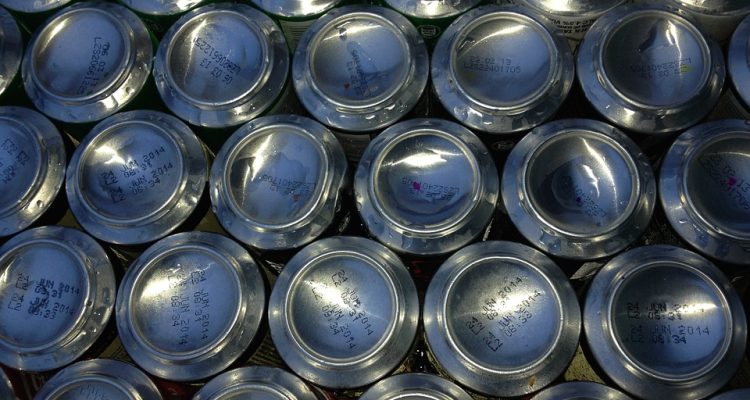At last night’s City Council meeting, I appointed members of a new Ad Hoc Committee on Recycling that will be tasked with reviewing Wheeling’s existing—but underutilized—recycling program and suggesting improvements thereto. This Committee will consist of citizen volunteers who share my belief that it is imperative for Wheeling to improve its recycling capabilities. I would especially thank 3rd Ward Councilman Brian Wilson for taking the lead on organizing this committee.
On a very related topic, I would also like to respond to the linked column by Mike Myer of The Intelligencer / Wheeling News-Register, which is critical of statements that I have made suggesting that recycling needs to be a priority for Wheeling going forward. I have stated publicly that Wheeling needs to improve its commitment to recycling for at least two primary reasons:
1. Keeping as much recyclable material out of our landfills as is realistically feasible is the right thing to do morally and our obligation to future generations.
2. In the 21st Century, cities are more often than not judged by their commitments to 21st Century expectations and priorities. Recycling is one such priority being adopted worldwide by an increasing number of cities trying to attract and retain the best talent.
In the attached column, Mr. Myer completely ignores my first argument above and pays no attention whatsoever to the notion that recycling is good for the environment and morally responsible. If Mr. Myer truly feels that way, then we will simply have to agree to disagree here. But as an elected representative of the citizens of Wheeling, I feel a solemn responsibility to have the City be a good steward of the environment for future generations. And I would feel this way even if I didn’t think that recycling makes good economic sense.
But recycling *does* make good economic sense. For starters, diverting recyclable materials from our area landfill can and will save the City money. Moreover, a comprehensive recycling program can create jobs by incentivizing not only the harnessing and sorting of recyclable materials, but also in providing raw materials for businesses to utilize in making products. Nationally, recycling is nearly a quarter-trillion-dollar industry. Here locally, we have had several recycling companies achieve success over the years in spite of the fact that the City has not encouraged or facilitated broader community participation. There are opportunities to expand our recycling capabilities and actually lessen the burden to the City’s taxpayers, but it requires a holistic approach to a complicated problem.
But beyond raw economics, I stand by my second point above as well. Cities are judged on a lot of subjective factors beyond employment opportunities. And recycling is a higher priority for younger generations. Traditional thinking is that people choose where they live only after choosing their job. But that’s simply not true for a growing number of millennials who place overall quality of life ahead of strict career considerations. If Wheeling is going to compete in the 21st Century and end its decades-long parade of population losses, it must position itself as a modern city committed to modern priorities. It must reflect the aspirations of those looking beyond their paychecks. It must deliver a quality of life consistent with the expectations of an ever-changing world.




